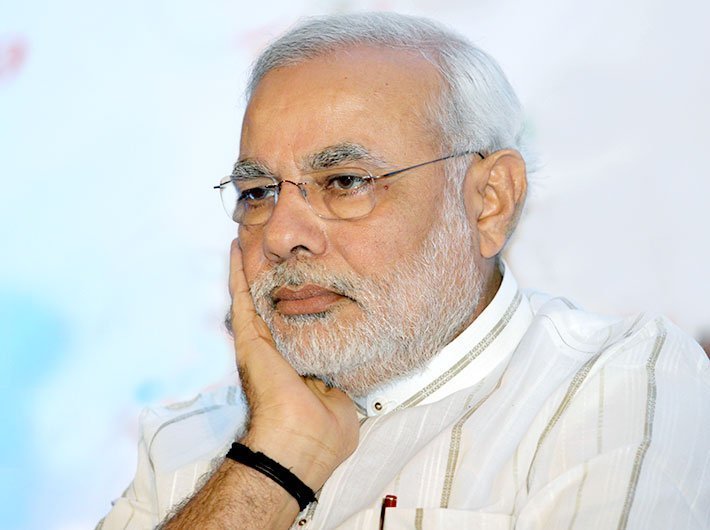Nuance is always welcome: Congress can make a beginning at least in its response to Ramesh, Tharoor
Jairam Ramesh and Shashi Tharoor have stirred the hornet’s nest in the Congress. They have argued that the party should not “demonise” prime minister Narendra Modi. The two leaders believe constant criticism and negativity would only help Modi and therefore the party should calibrate its reactions. Most in the Congress think these remarks are nothing less than heresy, and the Kerala Congress has even slapped a notice on Tharoor, seeking explanation.
For Ramesh and Tharoor, these remarks are not surprising: they have spoken in favour of some or the other move of the Modi government (in Gandhinagar earlier and now in Delhi), even if the appreciation comes rarely. They are not alone in the Congress: right in the early days of Modi’s first term in Gujarat, the senior most opposition leader, former chief minister Amarsinh Chaudhary, had remarked something like, “Whatever you may say about Modi, you have to agree that he is not corrupt.” Towards the end of his last term in the state, it was Delhi chief minister Sheila Dikshit who had praised his ‘Gujarat model’. There are enough instances of leaders from other parties, including the CPM, praising Modi’s administration, grudgingly or otherwise.
So far, there used to be words of praise from the opposition camps albeit rarely and often followed by hasty clarification and claims of being misquoted. Now, thanks to Ramesh and Tharoor, a debate is taking shape, which should be welcomed. Trouble with political discourse in India is that it is almost always carried out on partisan lines. Rare is the time when there is ‘bipartisan’ or unanimous support over what are obviously steps in national interest. In recent years, we have seen acrimonious debates over Aadhaar, food security law, NREGA and GST, among a slew of issues, even if they have continued apace even after the regime change. The contest, it seemed, was not about the steps per se but about garnering credit for the same.
By the same token, the past five years have seen obviously praiseworthy initiatives – from cleanliness drive to distribution of cooking gas cylinders among the poor – not mention the appeal to the middle class to give up subsidies. The opposition should have wholeheartedly welcomed such moves, which would have added credence to any criticism on the implementation later. Instead, the constant criticism has blunted its edge, reducing it to the crying wolf syndrome.
The result, then, is heightened divisiveness among supporters of different parties, hardening of prejudiced postures instead of an open-minded conversation. Also, when the government has repeatedly proved its popularity, now in the general elections too, opposition leaders seem to make negative remarks solely for their own consumption and not for any public course.
The health of the democracy, needless to say, depends more on a healthy opposition than a healthy regime – and that is what India has been missing of late. Nuance is welcome everywhere, and the Congress can make a beginning in its reaction to at least two of their own.
